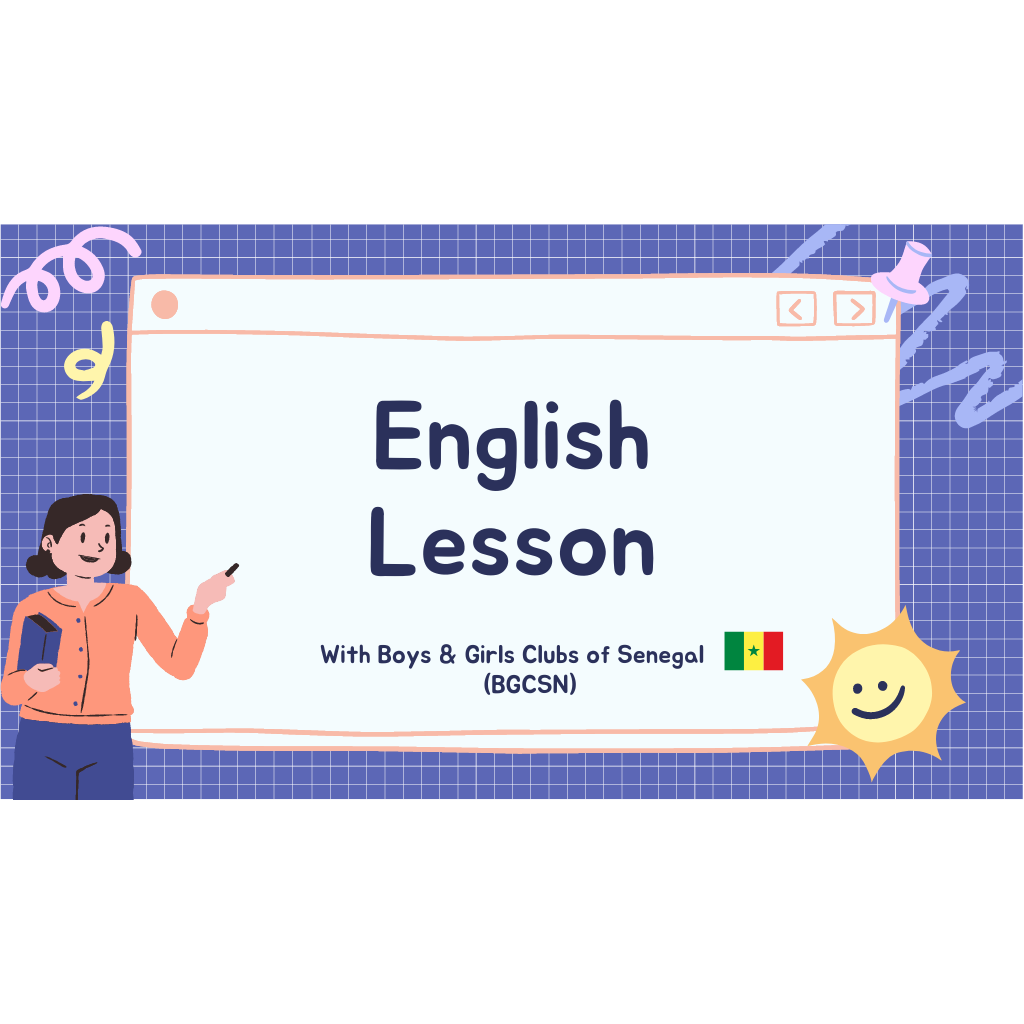Be the master word user with the help of suffixes!
Adding suffixes to a word can change its definition, turning it into something completely different. Harness the power of suffixes to bring new energy and life to your conversations and projects!
Do you know your “-ic” from your “-ly”? Your “-ize” from your “-en”? Learn all of your suffixes and what they can do for your vocabulary.
For example, adding “-able” after “adapt” makes “adaptable”, which means capable of being changed or adjusted to fit different situations.
Or if you add “-tion” after “accuse” it becomes “accusation”, meaning an expression of strong disapproval or blame.
Maybe you want to “inform” someone? Add “-ation” and it becomes “information”, which means knowledge communicated or received concerning a particular fact or circumstance.
Master your suffixes and you can take your vocabulary to the next level! Improve Your Vocabulary With Suffixes!
Are you looking for ways to enhance your English vocabulary? Well, one effective method is to learn and incorporate suffixes into your daily language practice. Suffixes are word endings that can change or add meanings to a root word, helping you understand and use various words in different contexts. By familiarizing yourself with common suffixes, you can expand your vocabulary and become a more competent communicator. So, let’s explore some popular suffixes and how they can enhance your language proficiency!
Firstly, let’s take a closer look at the suffix ”-ful.” This suffix is used to show that something is full of a particular quality or to indicate an abundance. For instance, adding “-ful” to the word “wonder” creates “wonderful,” which means full of wonder or inspiring awe. Similarly, by adding “-ful” to “help,” we get “helpful,” meaning that something or someone is ready and willing to provide assistance. By knowing and using this suffix, you can easily express your admiration or gratitude towards others.
Another widely-used suffix is “-less.” Adding this suffix to a word negates its original meaning, indicating the absence of something. Consider the word “care” – adding “-less” creates “careless,” which describes someone’s lack of concern or attention. Similarly, adding ”-less” to “hope” transforms it into “hopeless,” indicating a complete absence of hope or optimism. Recognizing and using the “-less” suffix allows you to express dissatisfaction or disappointment in a concise manner.
Moving on, let’s explore the suffix “-ist.” This suffix is used to form nouns, often indicating a person who practices or has a particular expertise or belief. For example, adding “-ist” to “art” gives us “artist,” which refers to someone skilled in the creation of visual or performing arts. Another example is adding “-ist” to ”psychology,” resulting in “psychologist,” denoting a professional who studies and analyzes human behavior and the mind. By employing the “-ist” suffix, you can identify and describe individuals involved in various fields of work or study.
Furthermore, the suffix “-able” is widely used to indicate that something can be done or achieved. For instance, attaching “-able” to “understand” creates “understandable,” meaning that a particular concept or information is easily comprehensible. Similarly, by adding “-able” to ”predict,” we have “predictable,” describing something that can be foreseen or anticipated. Utilizing the “-able” suffix helps you express possibilities and capabilities effectively.
Lastly, let’s discuss the suffix “-ly.” When added to an adjective, this suffix transforms it into an adverb, indicating how an action is performed. For instance, adding “-ly” to “quick” results in “quickly,” describing someone or something that performs an action at a high speed. Similarly, by attaching “-ly” to “careful,” we form “carefully,” illustrating that an action is done with great caution and attention. By becoming familiar with the “-ly” suffix, you can effectively express mannerisms and intensify your descriptions.
Now that you have acquainted yourself with these common suffixes, it’s time to put them into practice! Explore different reading materials, listen to English podcasts or engage in conversations with native speakers. Look out for words that contain these suffixes, and try to use them in your own expressions and writing. Building your vocabulary with suffixes will not only enhance your language skills but also boost your confidence in communicating effectively.
Remember, practice makes perfect! Keep exploring and incorporating new words into your daily language use, and soon you will witness a remarkable improvement in your English vocabulary. So, go ahead and embrace the power of suffixes – they are your key to unlocking a world of limitless linguistic possibilities!
Discovering the rich and varied history of suffixes can be a fun and rewarding journey! Think of it as a power up for your vocabulary–so why not give it a try? Who knows what new and powerful words you can create with the help of a generous suffix?
